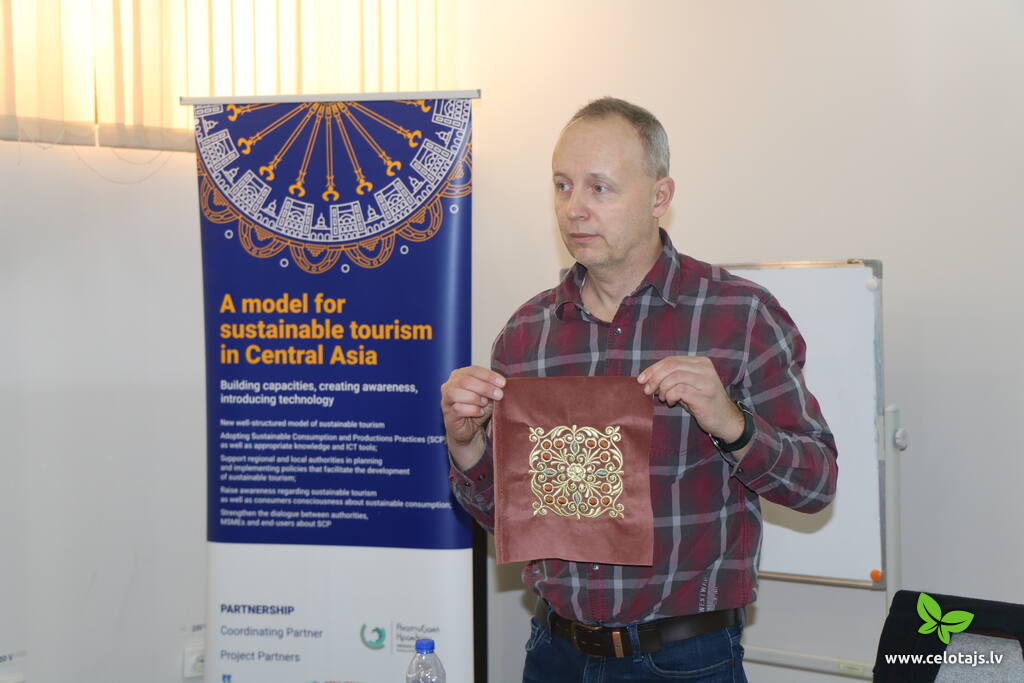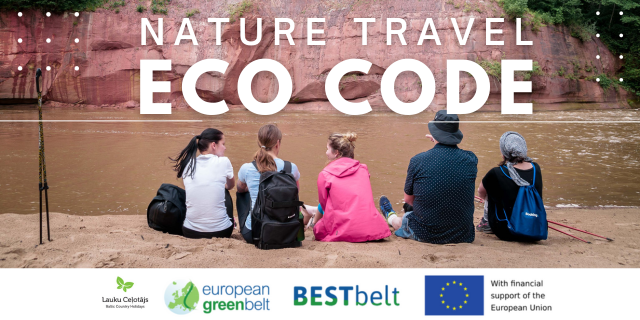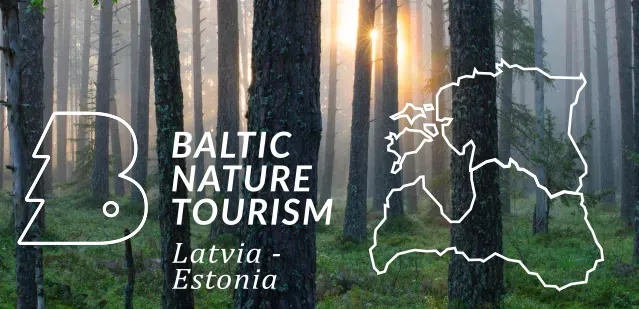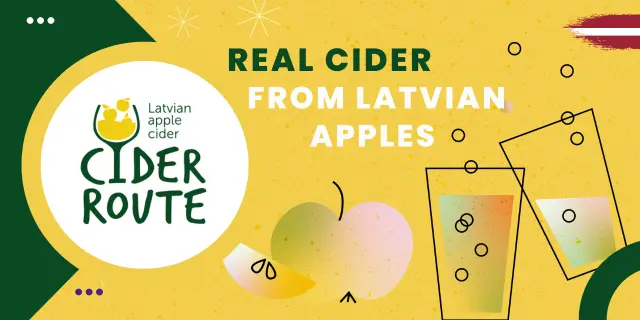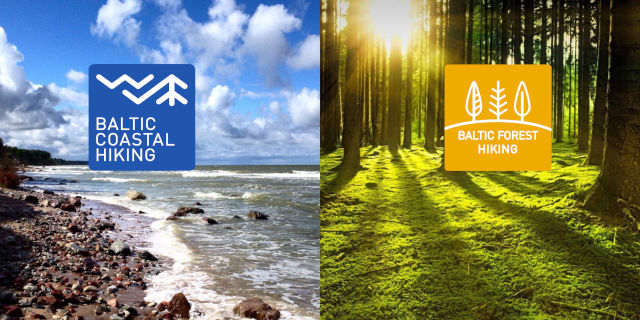
Tasks done in the second year of the project "MOST"
31.03.2022
The Latvian country tourism association “Lauku ceļotājs” is one of the partners in the project “A model for sustainable tourism in Central Asia: Building capacities, creating awareness, introducing technology” (MOST). The second year of the project has already passed, in which we have helped Kazakhstan, Uzbekistan and Tajikistan to become more sustainable. Our expert Juris Smaļinskis participated in seminars in all three countries to share his knowledge on sustainable tourism and environmentally friendly management. He also spoke about marketing and communication with customers. Juris participated in different inspections of various accommodations and other objects both inside and outside the cities. New and sustainable ideas for tourism products were also worked on with entrepreneurs, such as a pilaf-making workshop in the Old Town in Bukhara, Uzbekistan to promote the city's culinary heritage. Juris has also given interviews to both Latvian and Asian media about the project and its progress.
The experts of the association participated in the round table discussion "Global and regional challenges to the development of a green economy". A number of work documents were prepared: on potential funding opportunities at both EU and international level, and on marketing support for SMEs in all three project countries. An article on what has been done in the first year of the project un what has been planned for the future was prepared in collaboration with partners and published on both the project and SWITCH-Asia websites. We also got involved in the development of marketing activities and created content for both "Lauku ceļotājs" and the project's internet resources, such as the website and Facebook page.
The EU-funded SWITCH-Asia Programme MOST project aims at promoting a new and well-structured model for sustainable tourism in Uzbekistan, Tajikistan and Kazakhstan that can contribute to preserving and strengthening local culture, heritage and traditions, while also protecting the natural environment.

The content and opinions expressed herein are those of the author(s) and do not necessarily reflect the position or policy of the EU or SWITCH-Asia and no official endorsement should be inferred
